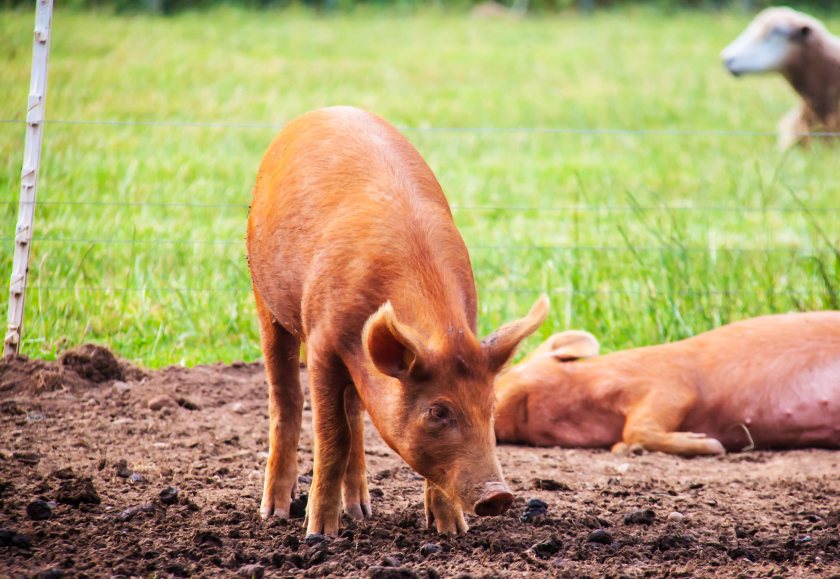UK study warns evolving swine flu viruses could threaten humans

A major new UK study warns that evolving swine flu viruses in Europe could pose a serious future pandemic threat if left unchecked.
The Royal Veterinary College's (RVC) study emphasises the urgent need for robust pandemic preparedness and vaccine effectiveness in both animals and humans.
Swine flu is widespread in pig farming, affecting an estimated 50% of UK production pigs, although human cases remain rare.
However, the 2009 pandemic demonstrated the devastating potential of swine-origin flu viruses crossing into human populations.
Moreover, flu viruses can also pass from humans to pigs, introducing new strains and complicating control efforts, making vigilance essential.
The RVC collaborative study is one of the most comprehensive antigenic analyses of European swine flu viruses to date.
It examined virus data collected between 2010 and 2020, alongside testing human immune responses to a variety of swine flu variants.
The RVC worked with partners across Europe, the US, Taiwan, The Animal and Plant Health Agency (APHA), and the United States Department of Agriculture (USDA) to analyse the risks these viruses pose.
Researchers analysed genetic data from public repositories to assess the diversity of swine flu viruses circulating in pigs.
Select viruses were then tested against strains used in pig vaccines and candidate pandemic vaccine viruses to determine antigenic relationships.
Additionally, human serum samples from international cohorts were examined to evaluate how well existing population immunity recognises these swine flu variants, indicating the potential effectiveness of human immunity should these strains emerge in people.
Key findings revealed extensive variation in swine influenza viruses, with serious implications for updating vaccines in pigs and improving pandemic preparedness.
The study showed that evolving strains could reduce the efficacy of current vaccines, highlighting the necessity for continuous antigenic monitoring.
The research also identified varying levels of human immunity to different swine flu strains, suggesting some variants could pose significant pandemic threats if transmitted to humans.
Early identification of such variants would be crucial in facilitating rapid development of targeted vaccines.
The results underline the importance of regularly updating pig vaccines, enhancing pandemic preparedness plans, and fostering international collaboration to monitor and mitigate virus evolution and spread.
The study also reinforces the critical role of biosecurity and surveillance in managing disease risks.
Amelia Coggon, PhD Student at the RVC, said: “Our study has high relevance to pandemic preparedness and swine flu vaccination.
"By better monitoring how these viruses evolve, we can ensure vaccines used in pigs remain effective, reducing production losses as well as reducing the risk of human infection.
“It also highlights the critical role of international collaboration and ongoing surveillance for zoonotic diseases. Just because we stop looking, it doesn’t mean these viruses disappear.
"Protecting human health begins with investing in animal health, and that means sustained, cross-sector funding - especially for diseases with pandemic potential.”








